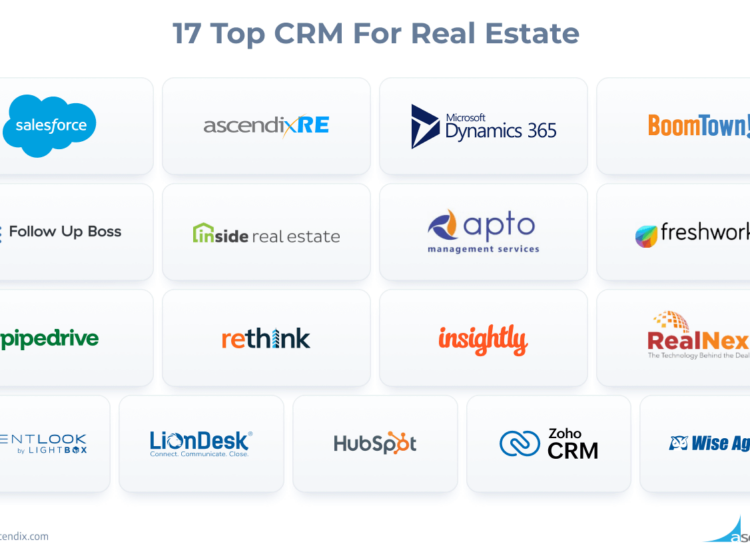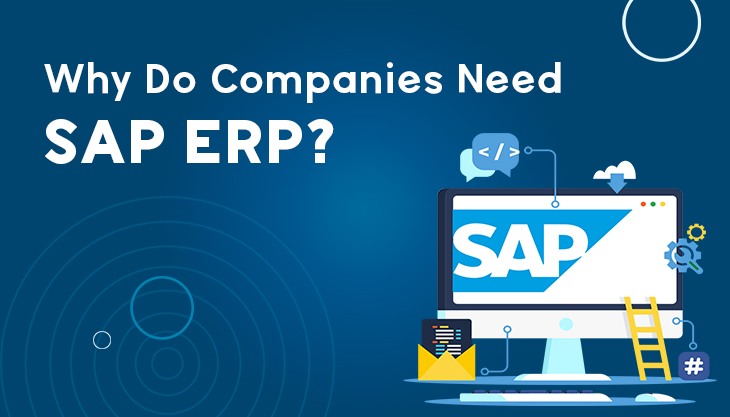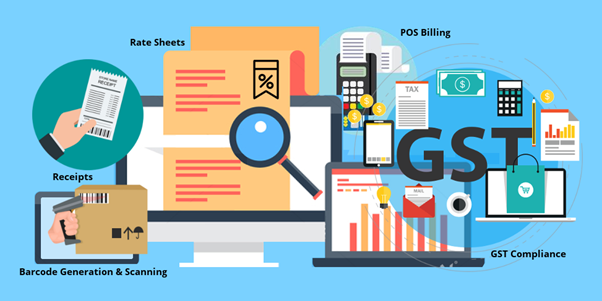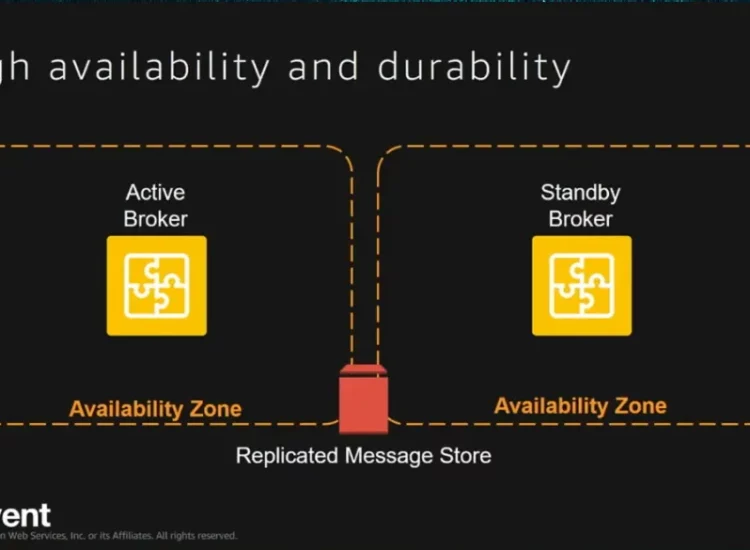The rise of automated marketing and data-driven decision-making has transformed real estate investing, presenting both opportunities and challenges. While many CRMs offer basic lead tracking and communication tools, the best CRM for real estate investors goes beyond the basics, providing advanced analytics, automation capabilities, and investor-focused features that help investors stay ahead of the curve.
Toc
- 1. The Importance of a Robust CRM in Real Estate Investing
- 2. Key Features to Look for in the Best CRM for Real Estate Investors
- 3. Related articles 01:
- 4. Top CRM Options for Real Estate Investors
- 5. Choosing the Best CRM for Your Real Estate Investing Needs
- 6. Related articles 02:
- 7. Real-Life Case Studies: Successful CRM Implementations
- 8. FAQ
- 9. Conclusion: Unlock Your Real Estate Investing Potential with the Best CRM
- 10. The Future of Real Estate CRMs
The Importance of a Robust CRM in Real Estate Investing

Your success as a real estate investor hinges on your ability to effectively manage leads, track deals, and maintain strong relationships with your investors. A CRM system designed specifically for the real estate investment industry can provide the tools and features you need to excel in these key areas.
Lead Management: The Bedrock of Your Business
Streamlining the process of capturing, qualifying, and nurturing leads is essential for real estate investors. The best CRM for real estate investors offers automated lead follow-up, targeted email campaigns, and advanced lead scoring capabilities, helping you identify and focus on the most promising opportunities, ultimately increasing your chances of closing more deals.
For example, a CRM can assign points to leads based on factors like website visits, email opens, and form submissions. This helps investors prioritize leads who demonstrate higher engagement, leading to more efficient outreach and a higher likelihood of conversion. In today’s highly competitive real estate market, an efficient lead management system is no longer just a nice-to-have; it’s a necessity for success. A well-implemented CRM allows you to capture leads from various sources—your website, social media, and networking events—in one central location. This consolidation enables you to track interactions, preferences, and behaviors of potential clients, ensuring you never miss an opportunity.
Deal Tracking: Visualizing Your Sales Pipeline
A robust CRM offers a bird’s-eye view of your sales pipeline, enabling you to visualize the progress of each deal and its potential for closing, empowering you to make informed decisions. The right CRM provides a comprehensive view of your sales pipeline, allowing you to visualize the status of each deal and its likelihood of closing. This visibility can help you prioritize your efforts, identify bottlenecks, and make data-driven decisions to optimize your investment strategy.
CRMs can also be used to manage communication with various stakeholders involved in a deal, including agents, contractors, and lenders. This ensures everyone is kept informed of progress and deadlines, reducing the risk of delays and misunderstandings. A visual sales pipeline is a powerful tool that allows you to see where each deal stands in the negotiation process. Whether it’s an initial contact, an offer on the table, or a deal that’s about to close, having this visual representation helps you allocate resources effectively. You can easily identify which deals need more attention and which ones are progressing smoothly, allowing for timely follow-ups and enhanced communication with stakeholders.
Investor Relations: Building Trust and Engagement
A real estate investor CRM can also help you strengthen your relationships with your investors. Features like investor portals, communication tools, and detailed reporting can keep your investors informed and engaged, building trust and fostering long-term partnerships.
CRMs can also help generate detailed reports for investors, including financial performance, property valuations, and market trends. This transparency builds trust and demonstrates the investor’s commitment to providing valuable insights. Strong investor relations are crucial for securing funding and maintaining ongoing support for your projects. A CRM can facilitate regular updates through automated reports, newsletters, and personalized communications. By keeping your investors informed about project statuses, financial performance, and market trends, you not only enhance transparency but also build a reputation as a reliable and proactive investor.
Key Features to Look for in the Best CRM for Real Estate Investors
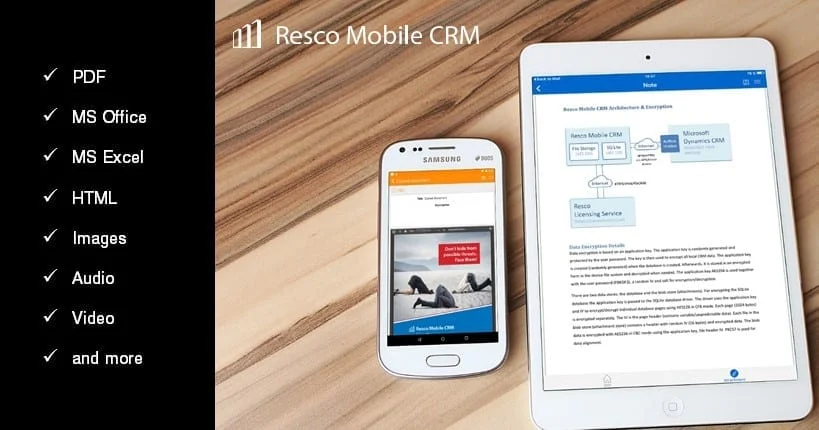
When selecting the best CRM for real estate investors, it’s essential to look for a solution that offers a comprehensive set of features tailored to your specific needs. Here are some of the key features to consider:
Lead Management Capabilities
Look for a CRM with robust lead capture, lead scoring, and lead nurturing capabilities. This can help you quickly identify and prioritize the most promising opportunities, ensuring your time and resources are focused on the deals with the highest potential for success.
A sophisticated lead scoring system evaluates leads based on predefined criteria, such as engagement level, demographic information, and interaction history. By prioritizing leads that are most likely to convert, you can maximize your efficiency and close deals faster.
Comprehensive Deal Tracking
Seek a CRM that provides a visual sales pipeline, deal stage management, and deal-related notes and alerts. This can give you a clear view of your deals and help you stay on top of critical activities, enabling you to make informed decisions and optimize your investment strategy.
In addition to visual tracking, some CRMs offer customizable deal stages that align with your unique business processes. This flexibility allows you to adapt the CRM to your workflow, ensuring that it supports rather than hinders your operations.
Powerful Marketing Automation
Prioritize CRMs that offer automated email campaigns, SMS marketing, and drip marketing features. These can help you stay in touch with your leads and investors without constantly diverting your attention, freeing up your time to focus on more strategic activities.
Marketing automation can also enhance your outreach efforts by segmenting your audience based on their interests and behaviors. By delivering tailored content to different segments, you can improve engagement rates and drive more conversions.
Investor-Focused Features
Look for a CRM that offers investor portals, communication tools, document sharing, and detailed reporting. This can help you build stronger relationships with your investors, keep them informed, and foster a sense of trust and transparency.
Investor portals provide a centralized location for investors to access important documents, financial reports, and project updates. This self-service model empowers investors while reducing the administrative burden on your team.
1. https://chobangkaewthai.com/archive/53/
2. https://chobangkaewthai.com/archive/54/
3. https://chobangkaewthai.com/archive/51/
Property Management Integration
Some CRMs also include property tracking, property notes, and property alerts. While not a must-have, these features can be beneficial for real estate investors who manage a significant portfolio of properties.
Property management tools can help you track maintenance requests, lease agreements, and tenant communications, ensuring that you maintain a high level of service for your tenants and protect the value of your assets.
Financial Management Integration
Integration with accounting software, expense tracking, and ROI reporting can also be valuable features, especially for investors who want to streamline their financial processes and gain a deeper understanding of their portfolio’s performance.
A robust financial management system can help you monitor cash flow, track expenses, and generate reports that provide insights into your investments’ profitability. This data is crucial for making informed decisions about future acquisitions and divestments.
Current Trends in Real Estate CRMs
The use of AI in real estate CRMs is becoming increasingly common. AI-powered features can automate tasks like lead qualification, market analysis, and property valuation, freeing up investor time for strategic decision-making. For example, some CRMs now use AI to predict which leads are most likely to convert, allowing investors to focus their efforts on the most promising opportunities.
Many real estate investors are now choosing CRMs that are optimized for mobile devices. This allows them to manage leads, track deals, and communicate with investors from anywhere, anytime. Mobile-first CRMs also offer features like location-based lead generation and property search, making them particularly useful for investors who are constantly on the go.
Top CRM Options for Real Estate Investors

Now that you understand the key features to look for, let’s explore some of the top CRM options for real estate investors:
REsimpli
REsimpli is an all-in-one CRM solution designed specifically for real estate investors. With its user-friendly interface and a comprehensive suite of tools, REsimpli offers a one-stop-shop for managing your entire business. Key features include drip automation, automated task management, real-time analytics, skip tracing, and a complete phone and SMS system. REsimpli’s affordability and customization for real estate investors make it a popular choice.
InvestorFuse
InvestorFuse is a well-established CRM in the real estate investing space, known for its seamless integration with other industry-specific tools. It offers automated text, email, and voicemail follow-up, as well as custom workflows to help you streamline your operations and prevent leads from falling through the cracks.
DealMachine
DealMachine is a real estate CRM that also offers a powerful Driving For Dollars app, allowing you to efficiently identify and target potential investment properties. In addition to custom workflows and accountability features, DealMachine provides tools for direct mail, marketing calendar management, and skip tracing.
REISift
REISift is a comprehensive software solution that can help real estate investors streamline and optimize their business processes. With features like workflow creation, direct mail scheduling, follow-up sequences, and list stacking, REISift empowers investors to maximize their ROI and focus on the most promising opportunities.
REI Automation Squad
REI Automation Squad is a CRM built specifically for real estate investors, using the Podio platform. This solution offers a range of features, including lead management and follow-up automation, as well as extensive training and support resources to help you get the most out of the system.
HubSpot
While not a real estate-specific CRM, HubSpot offers a free version with a compelling set of features, including lead tracking, contact management, and email automation. This can be a viable option for real estate investors looking for a no-cost solution to get started with CRM.
Keap (formerly Infusionsoft)
Keap, formerly known as Infusionsoft, is a versatile CRM that can be leveraged by real estate investors. With its sales and marketing automation capabilities, as well as its integration with various business tools, Keap can help streamline your operations and enhance your client relationships.
Salesforce
As one of the most widely used CRM platforms, Salesforce can also be a powerful tool for real estate investors. While it may not be as tailored to the industry as some of the other options, Salesforce’s extensive feature set and scalability make it a viable choice for investors with more complex needs.
Choosing the Best CRM for Your Real Estate Investing Needs
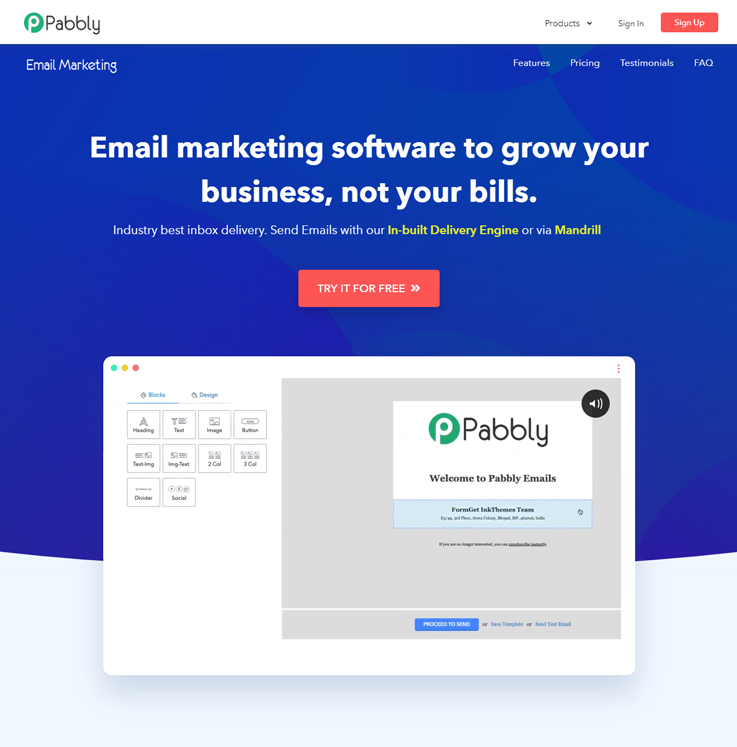
When selecting the best CRM for real estate investors, there are several key factors to consider:
Budget and Value
Evaluate the pricing options and ensure the CRM you choose aligns with your budget, providing the best value for your investment. Consider both the upfront cost and the long-term savings achieved through increased efficiency and productivity.
Feature Alignment
Identify the specific features and functionalities that are most important to your business, such as lead management, deal tracking, marketing automation, and investor relations. Ensure the CRM you choose offers a comprehensive suite of tools tailored to your needs.
1. https://chobangkaewthai.com/archive/52/
2. https://chobangkaewthai.com/archive/53/
3. https://chobangkaewthai.com/archive/49/
Ease of Use and Adoption
Look for a CRM with an intuitive interface and a smooth learning curve, making it easy for you and your team to adopt and use effectively. This can help minimize the time and resources required to get up and running with the new system.
Integrations and Scalability
Assess the CRM’s ability to integrate with other real estate-focused tools and software you already use, ensuring a seamless workflow. Additionally, consider the CRM’s scalability to accommodate the growth of your business over time.
Customer Support and Training
Evaluate the level of customer support and training resources available, as this can be crucial when you encounter questions or need assistance. Look for a CRM provider that offers reliable and responsive support to help you get the most out of the system.
By carefully evaluating these factors and taking advantage of free trials and demos, you can find the best CRM for your real estate investing business, one that will streamline your operations, enhance your lead management, and strengthen your investor relationships.
Real-Life Case Studies: Successful CRM Implementations

Case Study 1: Transforming Lead Management with REsimpli
A real estate investment firm based in California was struggling with lead management. They were using spreadsheets to track leads, which resulted in missed opportunities and disorganized data. After implementing REsimpli, they experienced a 40% increase in lead conversion rates within the first three months. The automated follow-ups and centralized lead tracking allowed them to focus on nurturing high-potential leads effectively.
Case Study 2: Enhancing Investor Relations with InvestorFuse
A mid-sized real estate investment company faced challenges in maintaining investor communication. They often struggled to provide timely updates and reports, leading to dissatisfaction among investors. By adopting InvestorFuse, they established automated reporting and communication channels, which improved investor satisfaction scores by 30%. Investors appreciated the transparency and regular updates, leading to stronger relationships and repeat investments.
Case Study 3: Streamlining Operations with DealMachine
A property wholesaler in Texas was seeking a more efficient way to find and manage properties. They integrated DealMachine into their operations, leveraging its Driving For Dollars app to identify potential investment opportunities. Within six months, they reported a 50% increase in property acquisitions and a significant reduction in time spent on lead generation. The accountability features also helped their team stay organized and focused.
FAQ
Q: What are the best free CRM options for real estate investors?
A: HubSpot offers a free forever plan with basic CRM features, while some other CRMs like Pipedrive and Salesforce provide limited free trials.
Q: How do I know if a CRM is right for my real estate investing business?
A: Consider your budget, the specific features you need, the size of your business, and your level of technical expertise. Testing out CRM options through free trials or demos can also help you determine the best fit.
Q: What are some common mistakes real estate investors make when choosing a CRM?
A: Common mistakes include not clearly defining their needs, choosing a CRM based solely on price, and not thoroughly testing the CRM before committing to it.
Conclusion: Unlock Your Real Estate Investing Potential with the Best CRM
The best CRM for real estate investors can be a game-changer, streamlining your operations, enhancing your lead management, and strengthening your investor relationships. By carefully evaluating your needs, exploring the top CRM options, and taking advantage of free trials and demos, you can find the perfect CRM solution to propel your real estate investing business to new heights.
Remember, the right CRM can free up your time, boost your efficiency, and ultimately help you maximize your returns. So, take the time to research and select the best CRM for your real estate investing needs—your business and your bottom line will thank you.
The Future of Real Estate CRMs
Looking ahead, the future of real estate CRMs is likely to be shaped by increased integration with other software, the rise of blockchain technology, and the continued adoption of AI. As technology evolves, CRMs will become even more powerful tools for real estate investors, providing insights and efficiencies that can drive success in an ever-changing market.


